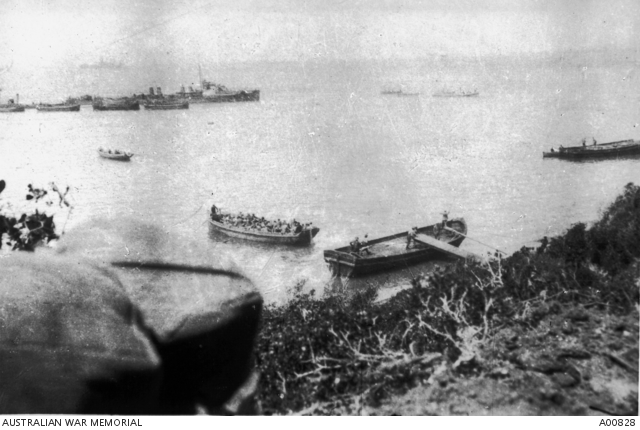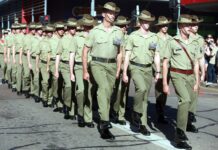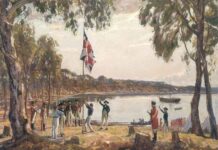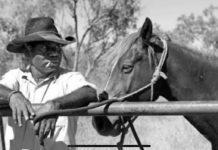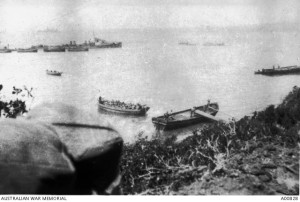
Today, 9th January, marks the day 100 years ago that the last allied soldiers left their strongholds on the Gallipoli Peninsula. The evacuations had begun mid December and were largely complete by the end of the year, with the last troops being withdrawn on this day in 1916.
In military terms, the invasion of Turkey, commenced in the pre dawn darkness of the morning of 25th April 1915, was a disaster. The allies were never able to occupy the heights on the Peninsula, let alone break through the Turkish defences and march on Constantinople. For Australia and New Zealand, the Gallipoli campaign, although a defeat, has nonetheless occupied an unrivalled place in the national story and national consciousness ever since. For Australians, 25th April came to be recognised as the date on which the nation was somehow born, and Gallipoli as the place where the birth occurred.
Although often derided today as myth making, there is, in fact, a very real sense in which Gallipoli can be described as the coming of age, or birth, of Australia. Although the six States had achieved federation just fourteen years earlier, and were no longer colonies, the official historian of the Australian war effort, Charles Bean, thought that in 1914 most Australians felt a sense of loyalty to the ‘mother country’ (Britain) and to their State, not yet the fourteen year old Commonwealth of Australia. Gallipoli would change that. As one soldier wrote home from the battlefield towards the end of the campaign, ‘When we talk about home we don’t mean England, we mean our home, Australia.’
The narrative that has come down to us is that the Gallipoli campaign was fought by spirited young Australians in search of adventure, that most thought the war would all be a lark, and over quite quickly. Whilst there are plentiful examples of such language, far more common is the language of duty. To do one’s duty is, in fact, the single most common reason given for enlistment by Australian soldiers during the First World War. Although that sense of duty was itself a casualty of the Great War, we dishonour the dead and their sacrifice by declining to understand and appreciate what they meant by their duty and to whom that duty was owed.
The generation who fought the First World War, and the young Australians and New Zealanders who endured the Gallipoli campaign, abandoning it for good on this day one hundred years ago, believed they were fighting in a global war to preserve the way of life fostered by the British Empire of the day – democracy, the rule of law, freedom of speech, and the right of every individual to self determination and the pursuit of happiness. Whatever we might think of the Great War a century later, it is hard to argue against the quality and importance of those principles, and tempting to wonder if the world not be a better place if more people today felt a sense of duty to them.

